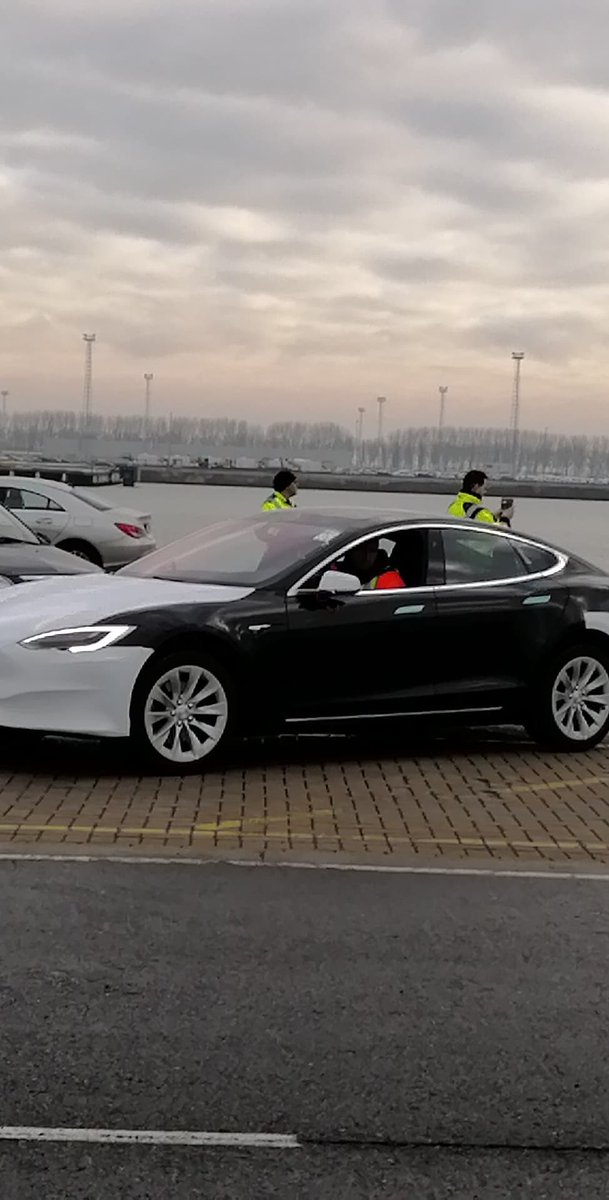Yeah, "deferred sales" being one of the main drivers of the EV conversion is actually one of my pet peeves!

Managed to quantify that effect in a major market recently: in China in 2018 for every EV sale there was not just a lost ICE sale, but a second lost ICE sale in form of deferred sales: the 2018 Chinese EV market grew to about ~7% of all new units sold, but ICE sales fell by about -14% ...
I'd also say that in China EVs mostly spread in low price market segments - and this effect of deferred sales is probably even
more dominant in premium market segments:
- prestige and having the best possible car your budget can afford are important factors and deferring the purchase of a new premium car,
- premium cars also have much longer life cycles: you are still owning your existing premium car, and extending that ownership for a few more years is very viable consumer behavior with few downsides to anyone but the ICE industry.
So I'd expect such market movements to happen - but there's very little data about this so I'm cautious about extrapolating and speculating too much.
I'm already way too bullish about Tesla. 



 Kurt Hellyn @KurtHellyn
Kurt Hellyn @KurtHellyn



